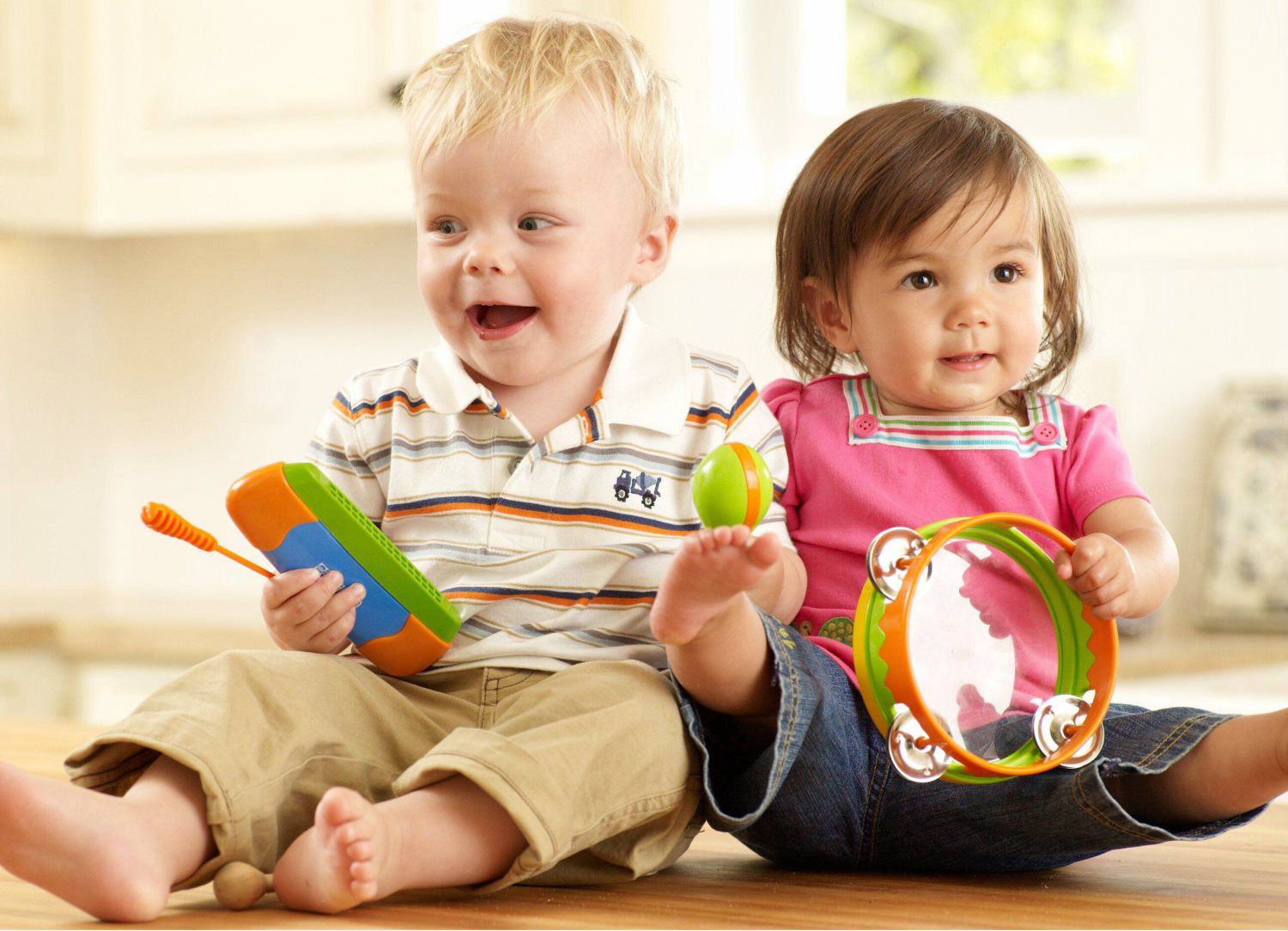Casa Program
CASA Program (2 1 /2 - 6 Year Olds)
Children first entering Montessori education are introduced to 'Practical Life' activities. Children learn self-help and environmental care skills such as buttoning, tying shoes, watering plants, washing windows, and sweeping. Sensorial activities are next, helping children develop, organize, and refine sensory perception. The third aspect of the program involves conceptual or academic materials. The practical and sensorial skills learned in the first two areas have laid the ground work on which reading, writing, and mathematics are built. Conceptual learning activities are concrete, multi sensory, and actively involve the child.
The Montessori classroom offers many unique, educational, self-teaching materials which are manipulated by the children in the classroom. They accommodate many levels of ability. They are not "teaching aids" in the traditional sense, because their goal is not the external one of teaching children skills or imparting knowledge through "correct usage". The goal is an internal one of aiding the child's mental development and self-construction. The materials aid this growth by capturing the child's attention and initiates a process of concentration. Children then use the materials to develop co-ordination, attention to details, and good work habits. When the environment offers materials that polarize children...the teacher is then able to give the freedom needed for healthy development.
There Are Five Distinct Areas In Our Montessori Casa Classroom (Please Review Our Gallery For Photos):
Practical Life
Practical Life enhances the development of task organization and cognitive order through care of self, care of the environment, exercises of grace and courtesy, and coordination of physical movement. Practical Life materials and activities support:
• Development of concentration
• Development of the child’s sense of order
• Fine motor development
• Refinement of hand control
• Preparation for writing
Sensorial
The Sensorial Area develops the five senses (sight, taste, smell, hearing and touch). It develops discrimination ability, enabling the child to order, classify and describe sensory impressions in relation to length, width, temperature, mass, color, pitch, and so forth. Sensorial materials support:
• Visual discrimination
• Auditory discrimination
• Tactile discrimination
• Olfactory discrimination
• Gustatory discrimination
Cultural
Children learn about people and cultures in other countries with an attitude of respect and admiration. The materials arouse the children's interests and give them the freedom to explore and experience, as well as gain an understanding of the world around them. Music, art, and movement education are part of the integrated cultural curriculum. Cultural materials and activities develop the following concepts:
• Geography
• Physical science
• Zoology
• Botany
• History
• Arts and music
CASA is the very first Montessori program developed and implemented by Dr Montessori herself. It is meant for children between 2.5 years to 5 years. The chief focus remains on:
• Language skills, both verbal and written
• Basic arithmetic including the concepts of place value, addition, subtraction, multiplication, division and decimals
• Visual identification of geometric shapes, size, height, width, dimensions and colors
• Practical life exercises for confidence building
Language
The Language Area offers opportunities for exploration and expansion of the child's spoken and written language. The sensitive period for language is birth to age 6. Basic skills in writing and reading are developed through the use of sandpaper letters, movable alphabet, and various presentations allowing children to link sounds and letter symbols effortlessly and to express their thoughts through writing. The Language curriculum is phonics-based with an emphasis on the child’s whole-language experience. Children also enjoy French language instruction. Language Arts materials assist students in:
• Classification
• Rhyming
• Phonics (letter/sound correspondence)
• Blends/phonograms
• Sight words
• Mechanical writing
• Reading
• Story writing and composition
• Grammar
• Introduction to punctuation
Mathematics
The Math Area has materials that allow the child to move from the concrete to the abstract. This work gives children a solid understanding of basic mathematical principles, prepares them for later abstract reasoning, and helps to develop problem-solving capabilities.
The materials in the Mathematics area support development of the following concepts:
• Numeration
• Decimal system (place value)
• Mathematical operations
• Linear counting
• Squaring and Cubing
• Fractions
• Time
CASA Classroom
• Teacher to student ratio 1:8
• One Accredited Montessori teacher
• One Registered ECE (as applicable)
• One Assistant (as applicable).
• Curiosity building on art and culture, history, geography, science and environment

